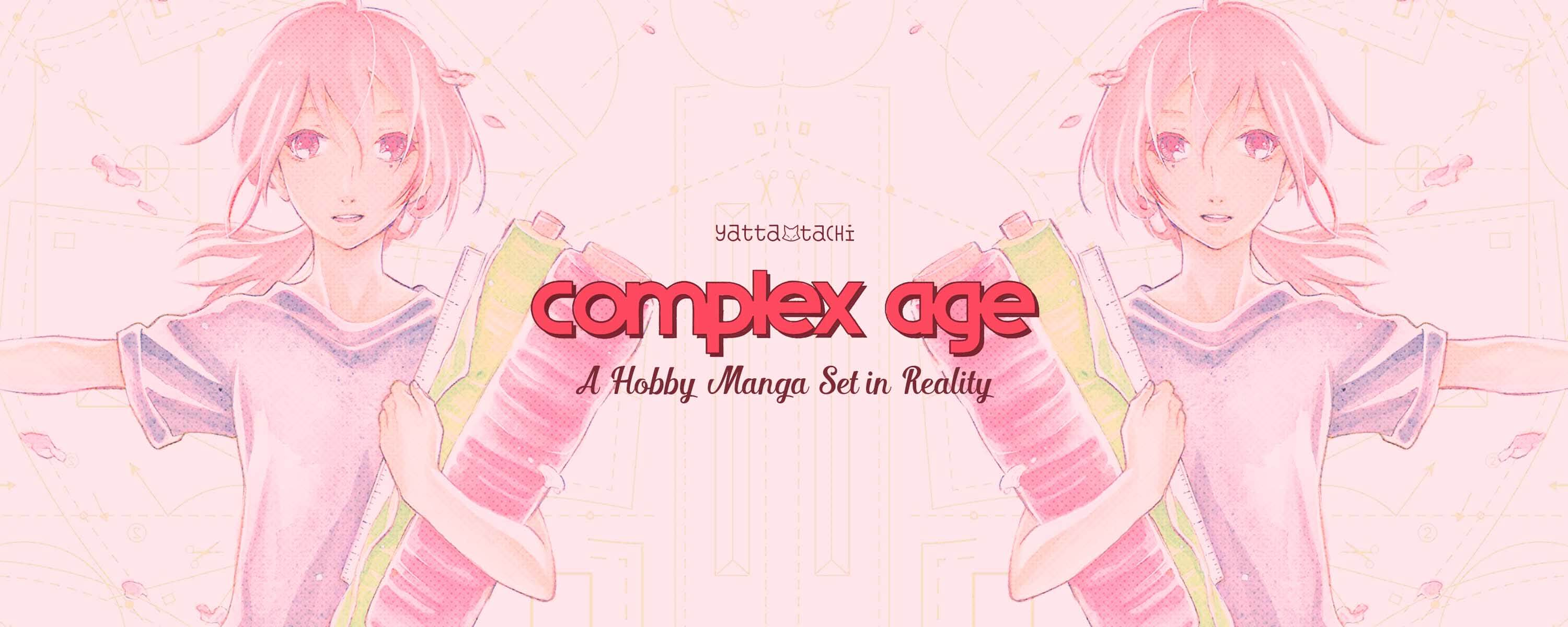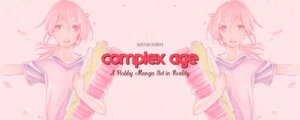You choose to read manga to feel excited, to laugh, to smile, or just to relax, but you also read certain manga because you’re interested in the activity the characters are doing. Whether it’s a hobby that you already have or one that you’re curious about, these manga are appealing because they teach you about the hobby. Through dazzling artwork, experienced characters providing detailed steps for beginners, and real-life depictions of the hard work and dedication that goes into it, you feel like you’re part of the story.
The Appeal of Hobby Manga
However, these manga wouldn’t be as successful or entertaining without touching on an important tension-inducing concept—how outsiders view the hobby.
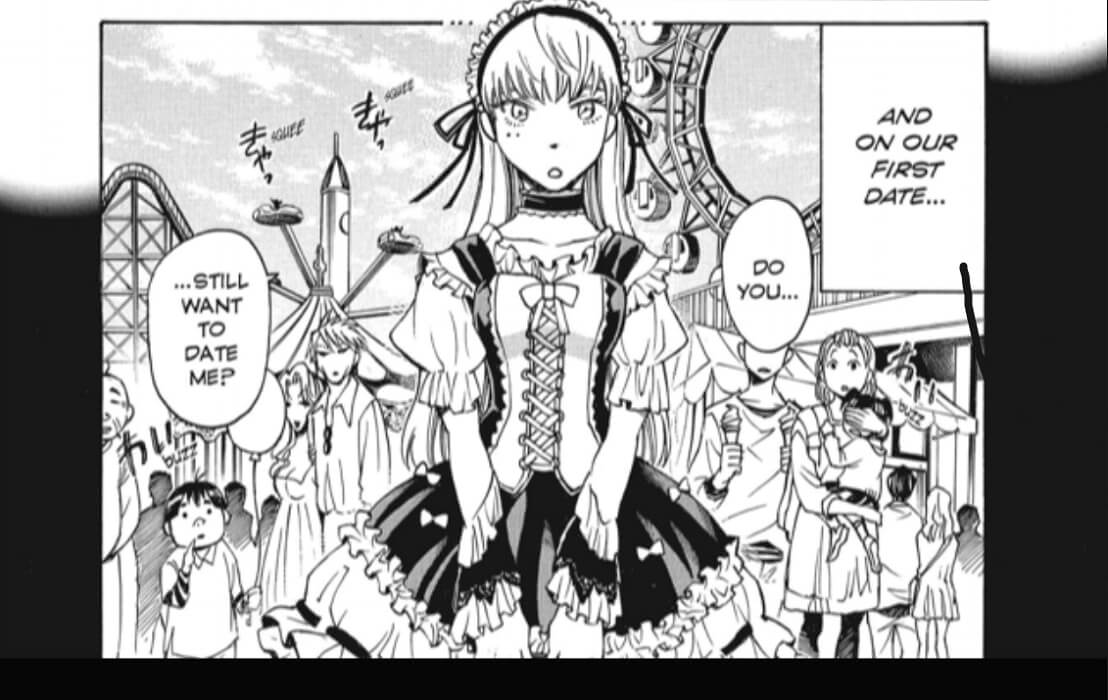
In most hobby-specific manga, the situation goes one of two ways:
- The main character’s hobby is considered “normal” by society and is accepted by other characters.
- The main character’s hobby is considered “weird” by society and is judged or ridiculed by other characters.
When the hobby is considered normal, such as Najika’s cooking in Kitchen Princess, the main character is an acceptable member of society and more emphasis is placed on improving in the hobby and becoming a professional.
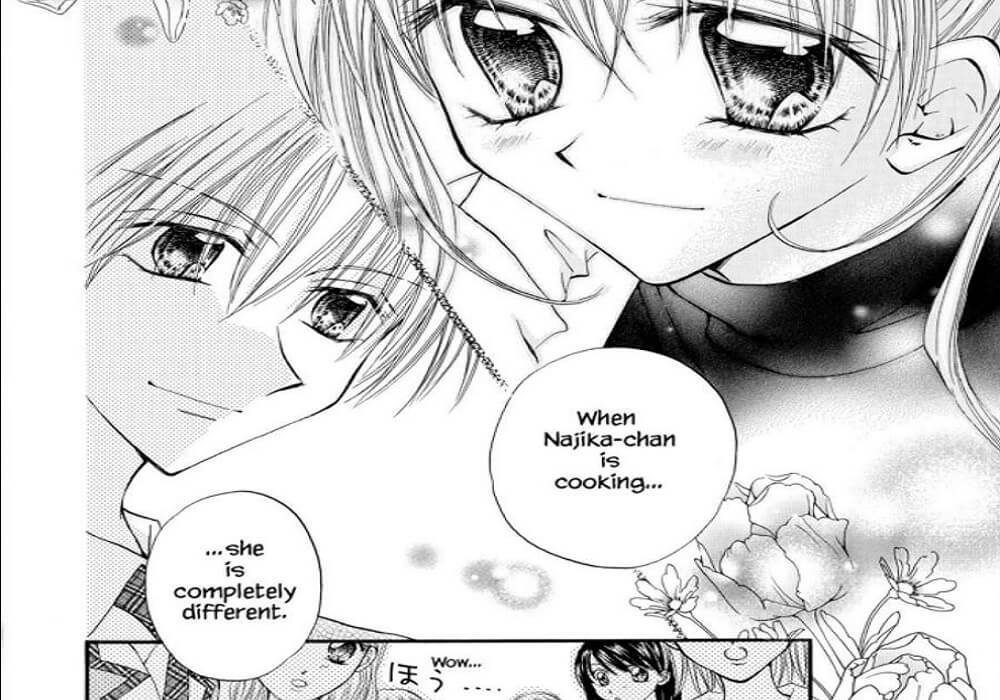
When the hobby is considered weird, such as Sunako’s love of all things horror in The Wallflower, the main character is an outcast in society and focus is placed on their self-acceptance despite others’ opinions.
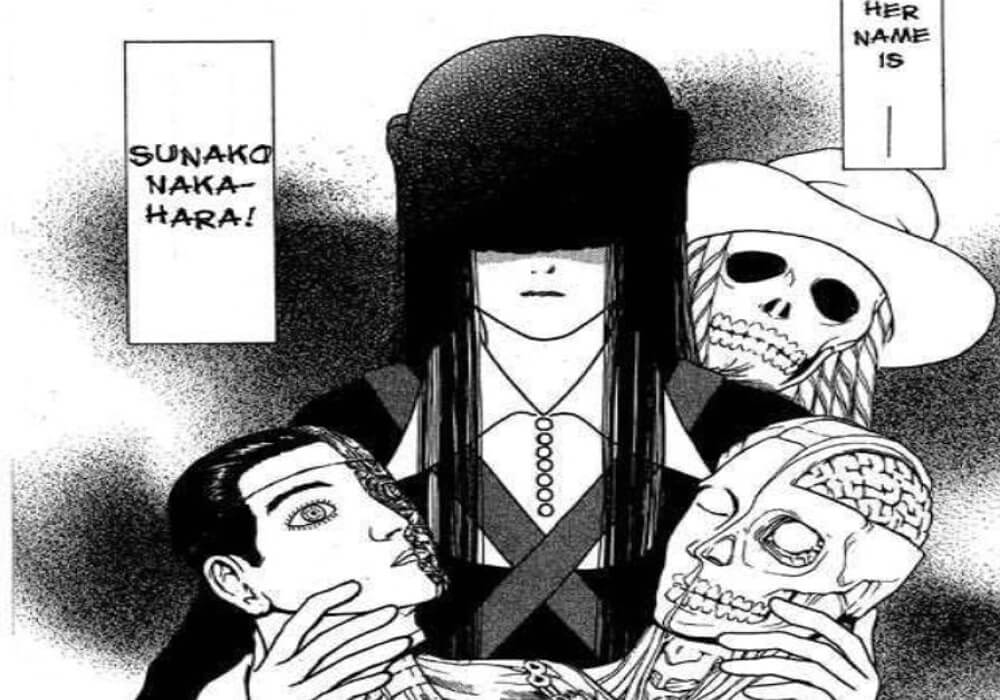
Yet, while both of these types of stories have their own strengths, many of these manga focus on main characters in high school and don’t get into the hobby’s influence on adulthood until the very end of the series.
Princess Jellyfish is an exception—the main character is an eighteen-year-old with an otaku-like hobby—but it still falls into the second of the defined categories.
Complex Age Opens an Unexplored Door
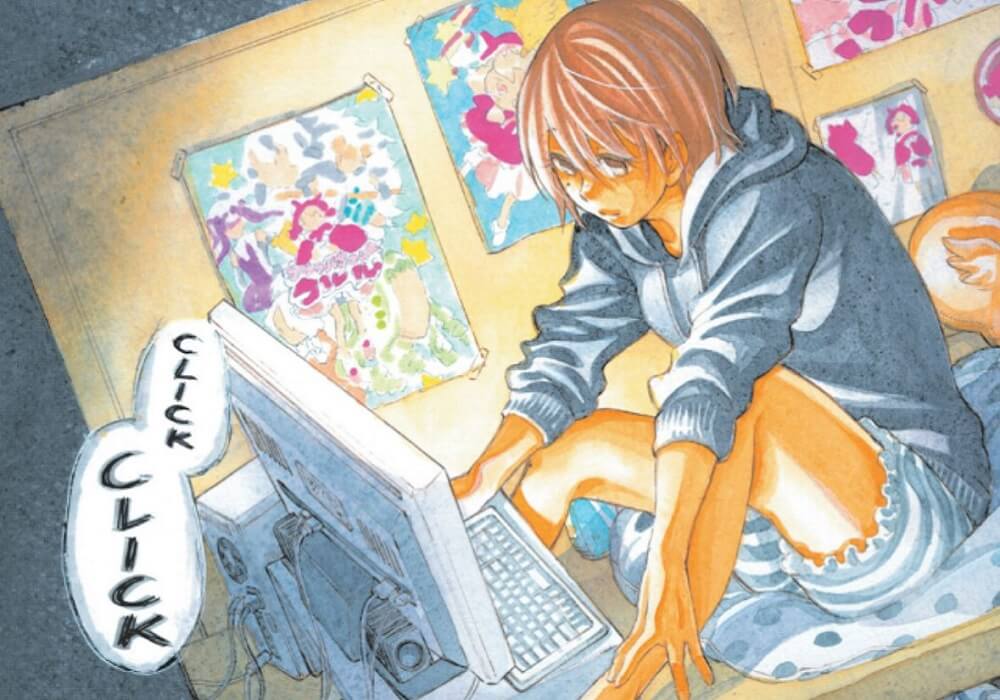
Complex Age offers a new situation in hobby manga. Its main character, Nagisa Kataura, is a twenty-six-year-old with a “weird” hobby who is still trying to fit into society. Nagisa appears as an ordinary office worker to the outside world, but she’s secretly a cosplayer and a famous one at that. She is passionate about embodying the anime and manga characters she cosplays, and her hard labor and dedication have earned her a respectful reputation in the cosplay community.
However, to the rest of society, her hobby is unusual and childish, so she must keep it a secret. Yet as she tries to find a balance between the two parts of her life, the little incidents that she was able to brush off before begin to escalate and everything she’s worked so hard for is tested.
It’s More Than Cosplay
While the manga uses detailed costumes and memorable photoshoots to beautifully capture the art of cosplaying, this isn’t just a story about cosplay. Aside from the pressure of hiding her hobby, Nagisa also has a lot of insecurities.
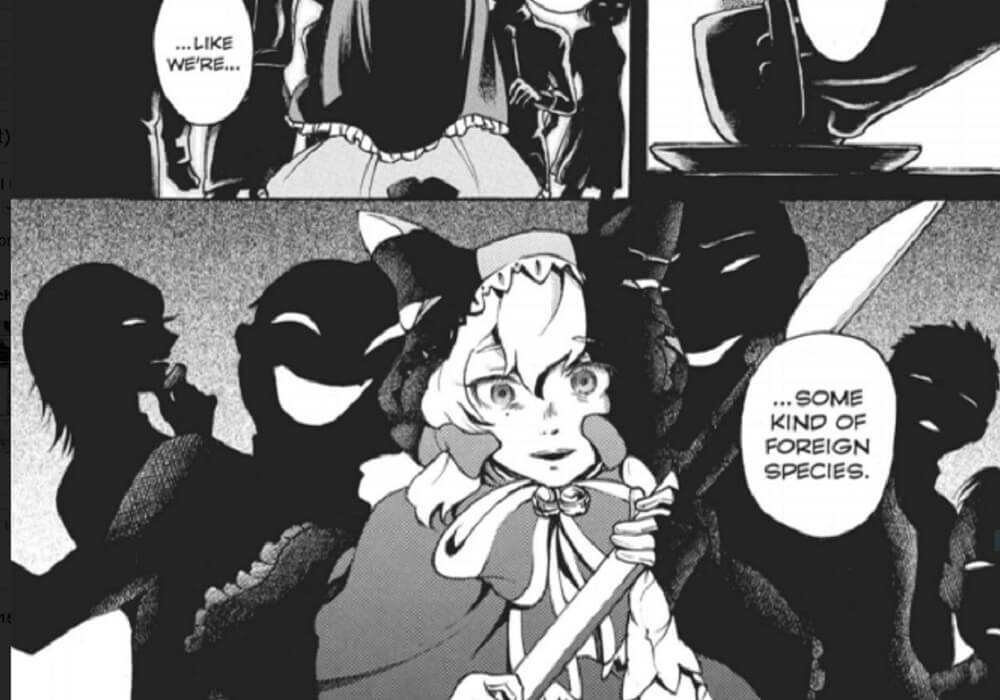
In the first volume, we learn Nagisa has an attitude problem. She is portrayed as a hardcore perfectionist toward herself and others, unable to compromise on a single inch of her cosplay and acting highly critical of other cosplayers who don’t put in the same amount of effort.
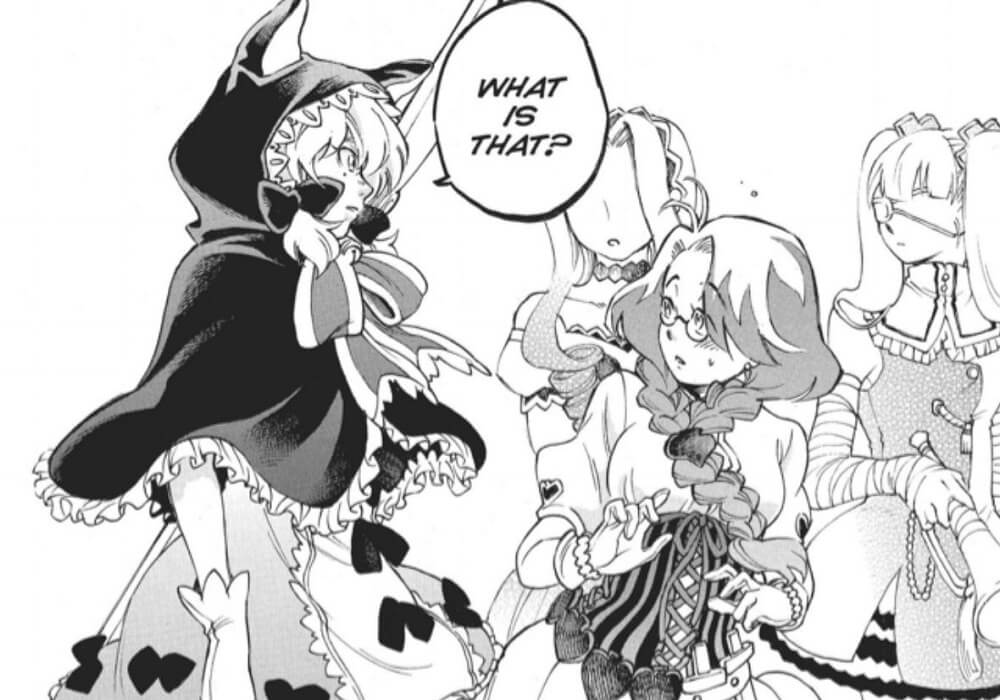
Yet she also shows a more vulnerable and fearful side when her ideal of perfectionism is ridiculed. For example, her pride and joy cosplay is Ururu, from the manga’s made-up children’s anime Magical Riding Hood Ururu, and Nagisa puts everything—from her voice to her posing to her costume creation—into being Ururu. However, she can’t control her height (much taller than the tiny Ururu) or her age, and these factors break the image of her perfect representation of the character and make her vulnerable to criticism.
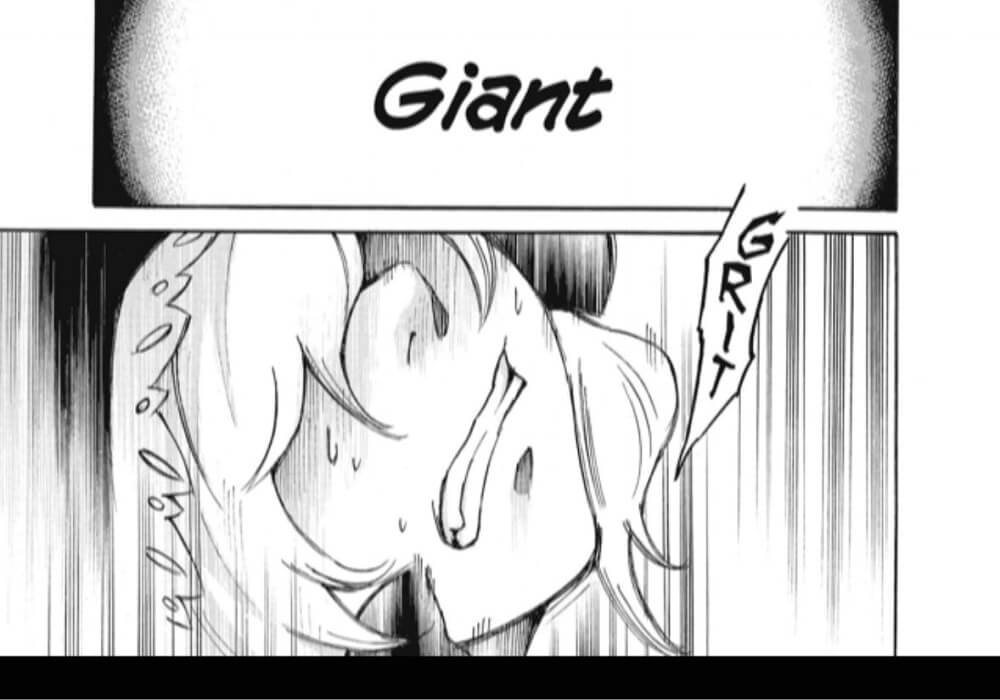
And the more her idea of perfectionism is shaken, the more her self-identity starts to crack.
What Impressed Me
What really impressed me with the first volume, and the series, in general, was how the author, Yui Sakuma, showed the highs and lows of being a cosplayer.

She shows the enjoyment of being part of the cosplay community—such as the feeling of limelight a cosplayer experiences in costume—but brought in excellent surprises about the consequences cosplayers face in their hobby. These dark moments in the manga depict what Nagisa calls the “taxes” of being a cosplayer, and quickly raise from simple disturbances to full-out psychological trauma. Sometimes targeting Nagisa and sometimes targeting her friends.
However, the series also has a lighter side to it: friendship.

Within Nagisa’s small group of cosplay friends, you can feel the warmth and camaraderie each of them have for each other. Their friendship easily depicts the joy of meeting others in your hobby and the connection that meeting creates as you learn from each other and grow together. It also depicts the sense of protection you gain toward each other, as shown from the way Nagisa and her friends have each others’ backs no matter what trial they face.
A Wider View
While the manga aims to answer the question of whether or not to give up your “unusual” hobby as you get older, it also provides a wider view of society.
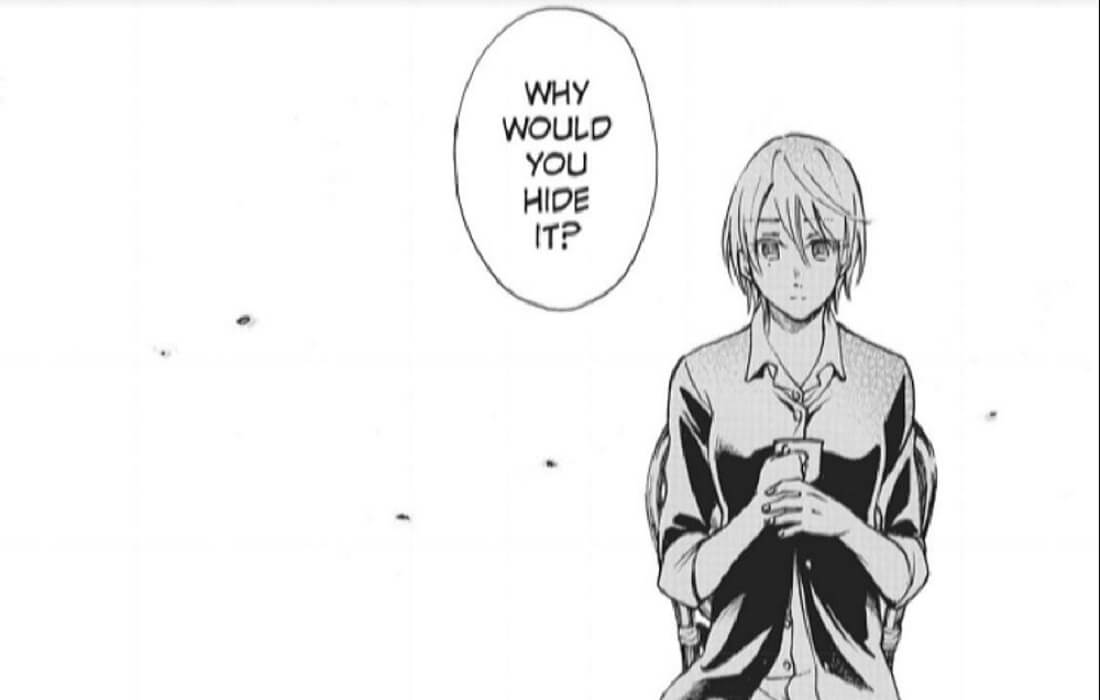
The manga takes time to explore whether or not the people in both parts of Nagisa’s life—within the cosplay community and the outside world—are what they seem. This exploration leaves plenty of surprises of who Nagisa can and can’t trust with her secret.
Other Themes
While the main theme of the series is age and cosplay, Sakuma also brilliantly interweaves the theme of idealism versus reality throughout the series.

In the first volume, we get a glance of this right away.
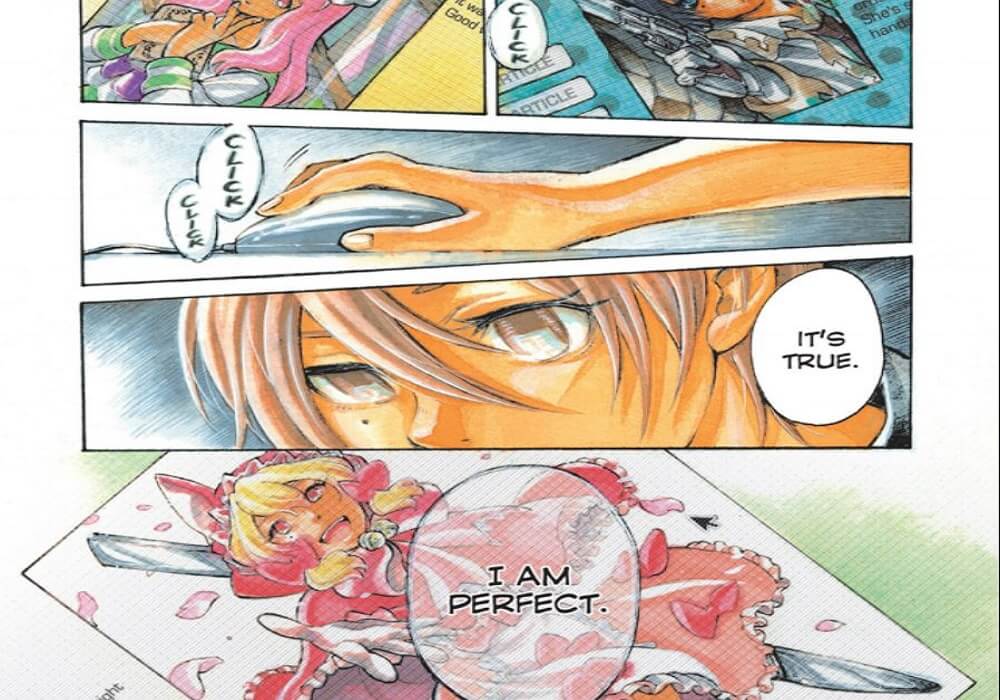
As Nagisa’s scrolling through comments on her best friend Kimiko’s cosplay blog, she stops on a photo of her own cosplay of Ururu. Then she claims, with absolute certainty, “It’s true. I am perfect.”
Within a few seconds, we know Nagisa is a perfectionist, but also that something is off about her. Nagisa’s idealistic view of perfectionism unnerves and intrigue us, but it also causes us to think that someone or something is going to challenge it. That’s what gets you to turn the page, and that’s the underlying thread that pulls you forward from volume to volume.
With a realistic story, interesting characters, and plenty of conflict, Complex Age is an emotional story about what it means to grow up and is a manga I highly recommend. If you’ve ever had to make a difficult decision over something you love or had that decision forced upon you, then you’ll greatly enjoy Nagisa’s story and it’s powerful, satisfying conclusion.
••••••••
Order the manga mentioned in this article:
﹋﹋﹋﹋﹋﹋﹋﹋﹋﹋﹋﹋﹋﹋﹋﹋﹋﹋﹋﹋﹋﹋﹋﹋﹋﹋﹋﹋﹋﹋﹋
Disclaimer: Links in the article may be affiliate links. Yatta-Tachi may receive a small commission when you order through our affiliate links, but it won’t cost you extra. By using our links, you help support our site and we greatly appreciate it! Thank you!

Featured Sponsor - JAST
The sweetest romance and the darkest corruption, the biggest titles and the indie darlings; for visual novels and eroge, there's nowhere better.
Big thank you to our supporters
From their continous support, we are able to pay our team for their time and hard work on the site.
We have a Thank-You page dedicated to those who help us continue the work that we’ve been doing.
See our thank you page